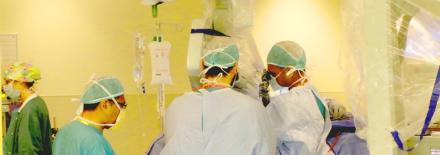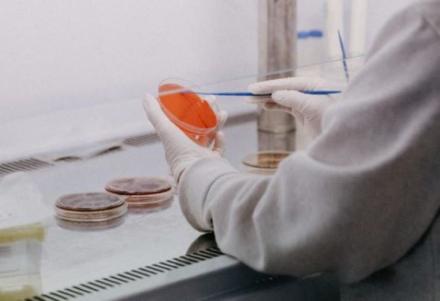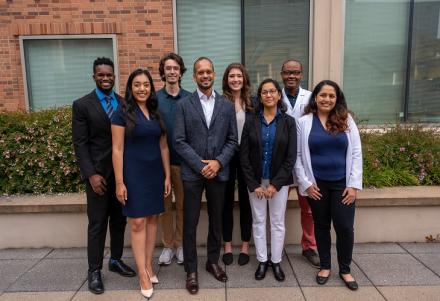PRINCIPAL INVESTIGATOR
Prashant Chittiboina, M.D., M.P.H.
Dr. Chittiboina is a neurosurgeon-scientist specializing in translational neurosurgery at the NIH Campus in Bethesda, MD. His lab focuses on on pituitary and inheritable diseases of the central nervous system (CNS). An alumnus of Goa University in India, Dr. Chittiboina completed a neurosurgery residency at LSU Shreveport, and a fellowhship in Neuroendocrine Surgery at the NIH. He is currently a Tenure Track Investigator in NINDS, and runs active clinical practice for central nervous system tumors at the NIH Clinical Center.
As a neurosurgeon and scientist, Dr. Chittiboina studies the epigenomic mechanisms underlying central nervous system tumors. Leveraging an active clinical practice, his lab uses the clinical data and surgical tissues to run a translational research paradigm. The Chittiboina lab’s recent discoveries include identifying targetable pathways in Cushing's disease, advancements in imaging detection of pituitary micro-adenomas that cause Cushing’s disease, and unveiling mechanisms of tumorigenesis in von Hippel Lindau Disease. His work has led to hypothesis-driven clinical trials, offering hope for improved patient outcomes. His contributions to the field has been recognized with prestigious neurosurgical research awards, including the Integra Foundation Award and Young Investigator Award from the American Brain Tumor Association.
The overarching goal the Chittiboina lab is to understand the mechanisms underlying CNS tumor formation and progression, to identify novel therapeutic targets, and to improve patient outcomes. The Chittiboina lab hopes to provide a comprehensive understanding of the molecular and cellular processes in CNS tumors and create personalized treatment strategies using omics-based approaches, benchtop models, and clinical pipelines.





